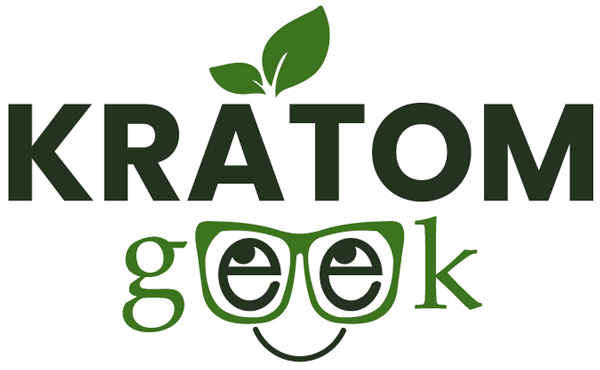The spread of misinformation is a serious issue that can be exacerbated by modern technology, like social media platforms. Misinformation could have physical consequences, particularly when it concerns issues of health or wellbeing. New and emerging industries or wellness products can be especially vulnerable to the spread of misinformation due to the lack of full regulation of the supply chain and the lack of clinical research. This can, in turn, leave consumers and retailers vulnerable. Being able to identify instances of misinformation and disinformation is the first step in stopping the spread and protecting yourself from the potentially negative effects that misinformation can result in.
How Can Misinformation Affect Your Health?
The spread of medical misinformation could actually damage your health or the health of others around you. For example, the anti-vaccination movement caused a measles resurgence, which was a condition that had previously been considered extinct in the United States. Misinformation can become dangerous to your health by translating ideas into behaviors.
Misinformation can also negatively influence your expectations. Since 1972, cannabis has been listed by the Drug Enforcement Agency (DEA) as a Schedule I substance, the highest risk category, and the same as highly addictive drugs like heroin or cocaine. Since CBD is derived from the cannabis plant, there has been notable confusion about whether it has intoxicating or psychotropic effects, even though it has been legalized and made available for medical research. Confusion about CBD’s legal status in contrast to cannabis products containing THC (the psychotropic chemical) continues to circulate, and consumers are uncertain about whether CBD is safe to use, let alone purchase
New products, groundbreaking research, and changes to local and federal laws can all be challenging for the average person to keep up with and understand, giving misinformation the ideal platform to proliferate.
How Does Misinformation Spread?
One of the most lucrative ways that misinformation is spread today is through the internet. This isn’t because the internet is an inherently malicious place, but rather because it is largely unregulated, and user posts don’t typically have to be fact-checked to be published on some popular sites or social media.
This is a problem that kratom shoppers might face, as determining the quality of solely online retailers can be a challenge. Because kratom is not fully regulated, consumers may struggle to find retailers that can be trusted and offer pure, unadulterated kratom, and may need help understanding the full range of uses and potential benefits of kratom. This is where organizations like The American Kratom Association can be incredibly valuable for online retailers as a way to create some level of standardization and quality control, and to fight misinformation.
Misinformation vs. Disinformation
There are two types of misinformation that can be harmful to your health — misinformation, and disinformation. Misinformation is characterized as completely false stories, rumors, or claims. The anti-vaccination movement is a good example of how misinformation gets used. Vaccines that are widely administered have been rigorously clinically trialed and deemed safe by the larger medical and scientific community. However, the idea that vaccines can cause harm, mental disorders, and even death grew in popularity due to the wide-spread publication of a paper by Andrew Wakefield, a former British physician. This paper has been deemed by the larger medical and scientific community — including the editor of Wakefield’s paper — as completely false.
Disinformation, on the other hand,is a subtype of misinformation. It is classified as being intentionally deceptive or misleading and might include hoaxes, conspiracy theories, and propaganda. An example of disinformation would be the claim that cell phone radiation can cause cancer, which has been disproven by the National Cancer Institute. This is disinformation because cell phones do emit the same radiation emitted by radio towers and microwaves — but this type of radiation is non-ionizing, and has never been consistently proven to raise the risk of cancer in humans. This claim is using a half-truth to make the disinformation seem more believable.
How Do You Stop The Spread of Misinformation?
It may seem hard or overwhelming to identify misinformation, particularly in an unregulated market like kratom, where legislation and attitudes change regularly. But there are ways that you can arm yourself with tools to identify misinformation:
- Vary your news sources, so you’re not reliant on one point of view;
- Critically compare the coverage of an issue across different sources;
- Seek information, not confirmation — strong confirmation biases can make you particularly vulnerable online;
- Ask yourself what the intended effect is of a post — is this leveraging an emotional response to make an argument?
- Be able to identify the use of logical fallacies in the media and online.
Training yourself to be on the lookout for misinformation, and being able to identify it when it appears is the first step in stopping the spread of what some are calling an infodemic — a misinformation trend that spreads rapidly and widely, similarly to a viral pandemic. We are all individually accountable for the information we put out and disseminate online, so being well-informed and doing your research before you post is crucial.






